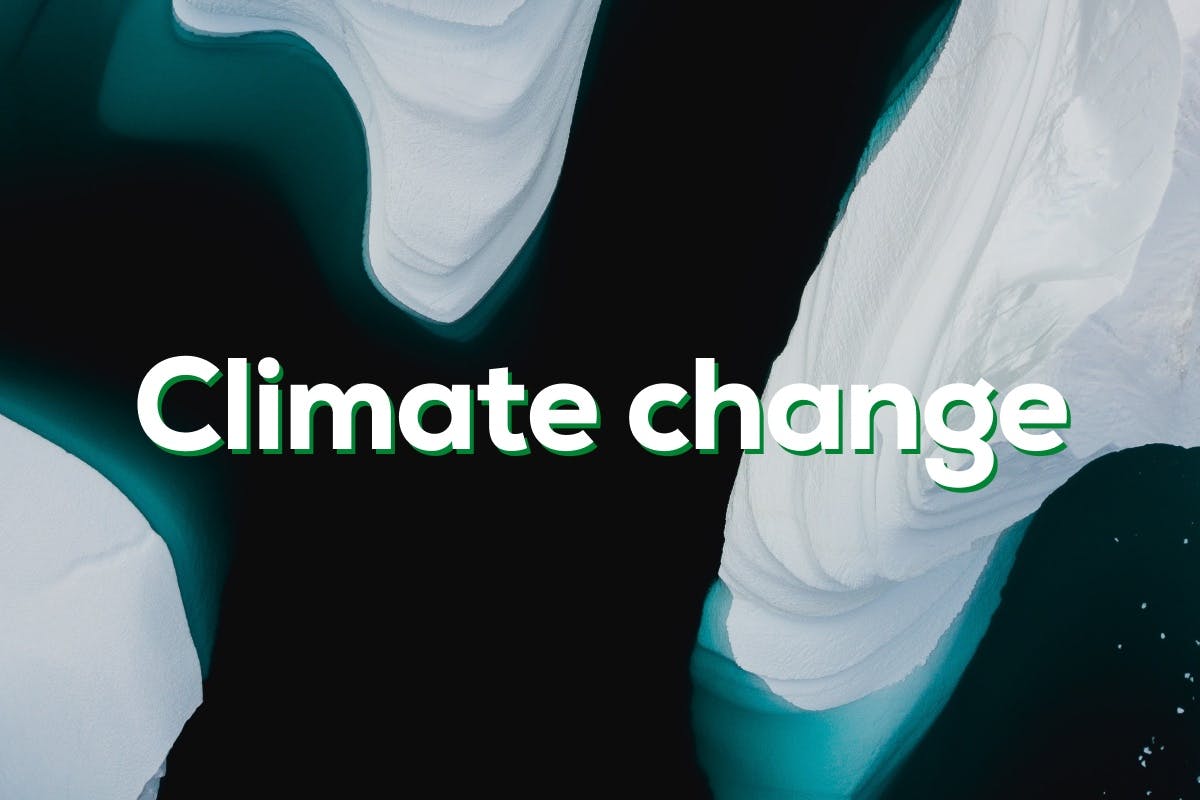
Global Climate Change Policies: A Concise View
Facing the threat of climate change, governments and institutions worldwide are establishing robust climate change policies attempting to navigate the global consensus with varying degrees of success. As the world confronts the inevitable impacts of climate change, regions around the world are enforcing different measures to curb global warming and reduce detrimental effects on the environment.
Analyzing World’s Actions
Evaluating the Paris Agreement Commitments
The Paris Agreement, a landmark commitment under the United Nations (UN) Framework Convention on Climate Change (UNFCCC), marked a unanimous decision by world leaders to reduce greenhouse gas ghg emissions and global warming. The countries committed to contain global warming to well below 2 degrees Celsius above pre-industrial levels, striving for 1.5 degrees Celsius whenever possible.
The Agreement also focuses on nationally determined contributions (NDCs), where every country sets its emissions reduction targets. These determined contributions aim at reducing ghg emissions from pre-industrial levels drastically. However, mining and burning fossil fuels like coal, oil, and natural gas are leading contributors to the greenhouse gas emissions that cause global warming, thus demanding collective action.
Current Climate Finance, COP26 and National Targets
The climate change finance landscape includes various public and private sources operating at local, national, and international levels, fulfilling the NDCs and the Paris Agreement. Recognizing climate change’s threat, world leaders have set national climate targets, including switching to renewable energy and implementing energy efficiency measures.
Insights
The Challenge and Opportunities of Climate Change
Climate change presents the world with an unprecedented challenge, asks for drastic reductions in GHG emissions, and adapt to the already visible impacts of climate change. However, apart from challenges, it also provides opportunities to change the current consumption and production patterns, stimulate clean and renewable energy, and enhance energy efficiency and low carbon economies. Thus climate change policies are not solely a burden but also a chance to create a more sustainable and inclusive economy.
Government Action and Strategic Policies
Governments around the world play an integral role in combating climate change. They’re enacting strategic policies, from promoting clean energy to setting ambitious net zero emissions reductions targets. These transformations aim to decarbonize the economy, create jobs, and build sustainable infrastructure, decreasing the impacts of climate change. Such government-led initiatives also strengthen the resilience of communities and ecosystems to climate change.

Resources and Updates
Recent Developments in Climate Policy and Mitigation Clear-Cut Facts
Countries worldwide have recently amplified their climate action, accelerating the transition towards net zero emissions. Policymakers are prioritizing climate change policies: navigating the global consensus to achieve sustainable development. The focus rests on boosting renewable energy, improving energy efficiency, phasing out fossil fuel subsidies, and enhancing the resilience of climate change impacts.
Impacting the Future
Communicating Climate Action and Solutions
Stakeholder engagement and clear communication are crucial to addressing climate change. The consistent messaging on the urgency of climate change and the solutions available can lead to widespread public endorsement for climate action. This depicts the climate change policies: navigating the global consensus.
Powering a Sustainable Future: Driving towards Net Zero
For a sustainable future, the world must strive for net-zero emissions by mid-century. Swift action on reducing GHG emissions by transitioning to a low carbon economy, adoption of renewable energy resources, energy efficiency, and reducing single-use plastics is essential. Evaluation of successive Intergovernmental Panel on Climate Change assessment reports echoes the call for urgent transformational change in every sector of the global economy.
untangling the complexity of global climate change policies remains essential as we continue to grapple with the dire consequences of climate change. Incorporating insights from the United Nations, world leaders, and scientists, more than ever it is crucial we work coherently towards a sustainable future, driving towards net zero emissions in the long term and mitigating the impacts of climate change for generations to come.

Leave a Reply